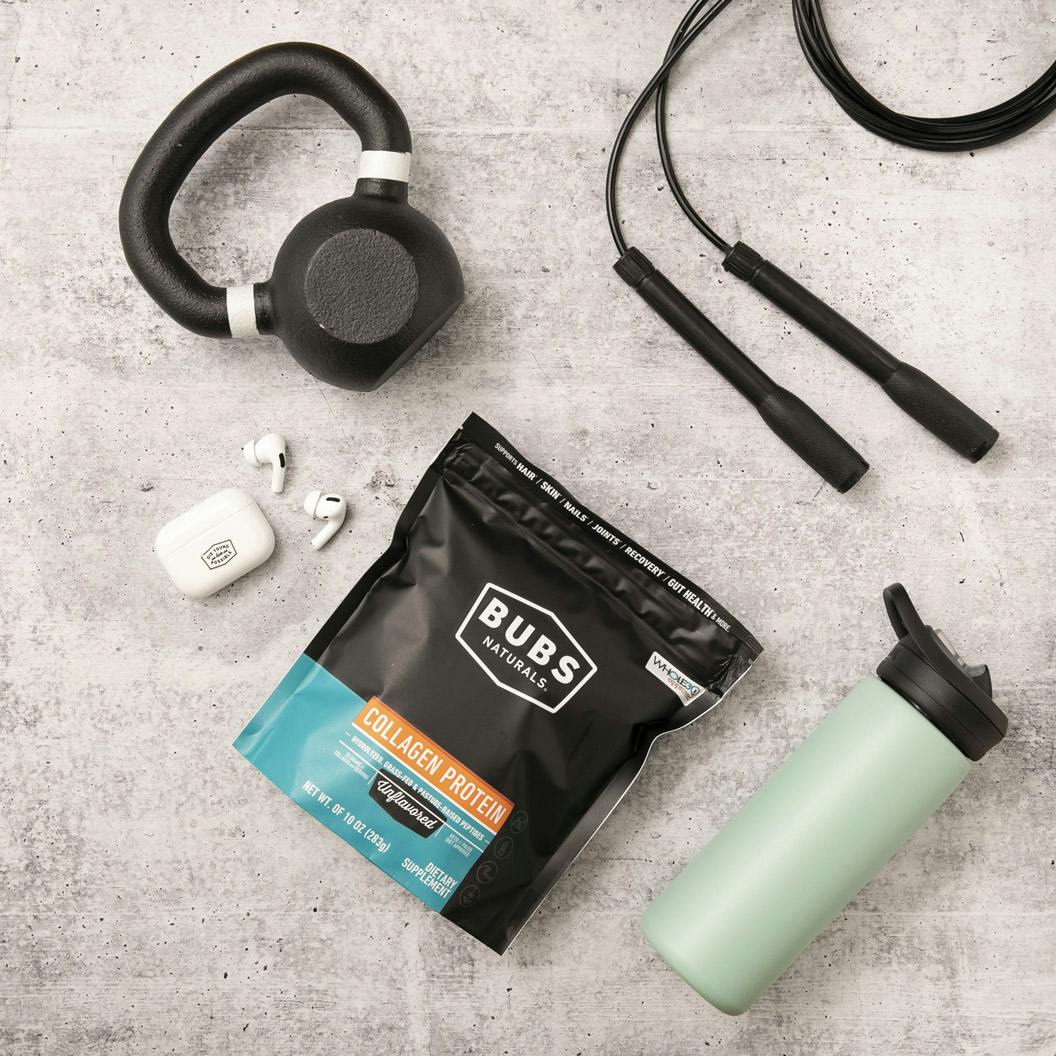
Five Common Causes of Dehydration and How to Face Them
Sean Lake
over 2 years ago
Five reasons why you are dehydrated and how to fix it
Do you find that you are always thirsty? Or maybe you feel like you drink plenty of water and suddenly you are more thirsty than normal? You may be experiencing dehydration. According to the Mayo Clinic, you become dehydrated when your body loses more water than it consumes. While everyone experiences this at some point, prolonged dehydration affects normal bodily processes. Our bodies are nearly 70% water, so it’s essential that we stay properly hydrated so that we can live healthy, long lives. There are plenty of reasons why you may be experiencing dehydration.
•
You simply are not drinking enough water It seems too obvious, but the first reason why you may be dehydrated is that you are simply not drinking enough water during the day. We can still get hydrated from our coffee and tea, but nothing beats water. While the 8x8 rule hasn’t necessarily been proven, it is a good place to start if you are worried that you are not drinking enough water. The 8x8 rule is simple: eight ounces of water eight times a day for a total of 64 ounces of water daily. Another rule of thumb is to drink a glass of water when you wake up and before and after every meal.
•
You have started exercising more When you exercise, you lose water through sweat. If you have recently started working out or working out more frequently (or intensely), you may need to increase your water intake to account for your new activity level and water loss. Make sure that you drink plenty of water the day before you plan on exercising. Runners know that hydrating starts the day before a big run, otherwise they may be at risk for serious cramping. This applies to other physical activities as well. Some recommend drinking around 20 ounces of water about 3 hours before your workout, and then 8 ounces about 30 minutes before you start exercising. While exercising, shoot for another 8 ounces every 10 to 20 minutes. Hydration is also an essential part of recovery as you should replenish the water you have lost and cool down those muscles.
•
You’ve recently changed your diet Water is essential for good digestion! Dense food, like proteins and fats, require more time in the digestive tract, soaking up those juices than lighter foods like carbohydrates. If you typically eat a diet high in liquids and simple sugars, switching to a higher protein diet may mean you also need to up your water intake to accommodate for the added time digesting. The good news is that you can put BUBS Naturals Collagen in almost everything.
•
You aren’t getting electrolytes One of the most dangerous health myths out there is that salt is bad for you. This idea first emerged in the early 1900s when French doctors noticed a link between sodium intake and hypertension, and this idea was taken to extremes in the 1970s when scientists started recommending that Americans reduce their salt intake by nearly 50 to 80 percent. The problem was that these studies failed to address other common causes of hypertension, including genetics. Since then, countless other studies have found that the link between high blood pressure and sodium intake simply is not as strong as we once thought and, furthermore, that reducing sodium intake is not the most effective way to reduce hypertension. So while sodium intake may affect people who are sensitive to it, it shouldn’t be feared, and it definitely shouldn’t be cut altogether, especially when you exercise. When you sweat you lose salt, and this has an effect on how hydrated you are. Salts are essential for your body to manage its hydration. So if you’ve had a hard workout today, don’t be afraid to get those electrolytes in! Your body just might need them!
•
You are sick We are far more likely to become dehydrated when we are sick. This could be due to water loss due to:
•
Fever
•
Vomiting
•
Diarrhea
•
Sweating
Our immune system has to work extra hard to fight off infection when we are sick, but getting extra protein can help. Diarrhea and vomiting are the most severe symptoms that cause dehydration. If you’ve noticed a change in how often you use the bathroom, this could be another reason for your dehydration. An increase in urination usually signals some other underlying condition, such as untreated diabetes, so if this is a problem make sure to contact your physician.
Symptoms of dehydration
There are a few telltale signs that you haven’t had enough to drink. You know you are dehydrated if you:
•
Start feeling thirsty
•
Feel lightheaded and dizzy
•
Have dark urine
•
Your mouth is dry
Getting hydrated and staying hydrated
If you are dehydrated, start by drinking more water. You may also need to drink something with electrolytes, like our Fountain of Youth, if you have been sweating or throwing up. And of course, if you are at risk for serious dehydration or have passed out, you should contact your healthcare provider in case you need medical attention.
The collagen connection
Collagen is known for keeping skin smooth and joints strong, but it can also help you stay hydrated. The amino acids in collagen not only help seal the gut to aid digestion, but the amino acids help your body absorb water better. Check out our flavorless collagen that can be mixed in any beverage that you enjoy throughout the day.